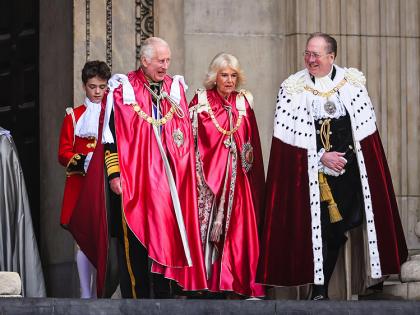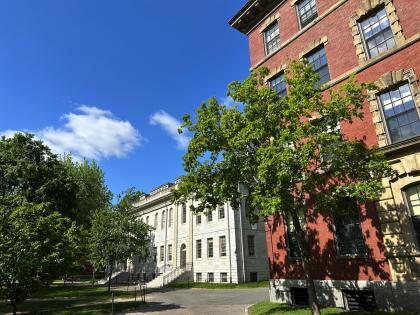Harvard College has ended its early admissions deadline. Beginning in the fall of 2007, students applying for admission to the class of 2012 will face a single January 1 deadline, with notification of acceptance or rejection on April 1 and a student reply date one month later. The early-action systemwith applications due November 1, notification by December 15, and student commitments by the following May 1 (unlike binding early decision systems used elsewhere, which commit admitted applicants to attend a college)remains in place for this year.
Harvards decision was motivated by concerns that early admissions tend to advantage the advantaged, according to a statement by President Derek Bok. Early applicants come from more affluent communities and schools with more resources; students with lesser means, who often must compare financial-aid packages from the colleges that admit them, tend not to apply early. Beyond the potential socioeconomic effects, abolishing early admissions may make high-school students senior years more productive academically, and their ultimate college choices better informed.
The undergraduate admissions office drafted the proposal during the summer, secured the support of Faculty of Arts and Sciences dean Jeremy R. Knowles and Bok, and then saw it sail through the Corporation. The announcement, remarkably, made the front page of the New York Times on September 12, alongside fifth-anniversary coverage of the 9/11 attacks, and was hailed in editorials coast to coast. Princeton followed suit a week later, and the University of Virginia shortly thereafter.
But not all institutions agreed with Harvard. Both Yale and Stanford said that their nonbinding early-action programs, with early and regular applicants evaluated by common standards, were neutral in socioeconomic terms, and that the challenges of identifying and recruiting academically qualified but economically underprivileged students would remain. Access to the Most Selective Private Colleges by High-Ability, Low-Income Students: Are they out there? a recent paper by Gordon C. Winston and Catharine B. Hill of the Project on the Economics of Higher Education, at Williams College, confirms that such candidates exist and could be enrolled by elite higher-education institutions. Nor do these steps address the problem of improving the college preparation of capable students held back by deficient school systems.
And, it appears, some traditions remain unchanged. The Crimson reported on September 29 that even as early action disappears for most Harvard applicants, athletes would still receive likely letters, indicating their prospective acceptance, as early as October 1, where necessary to counter exploding offers of admission from competing schools.







